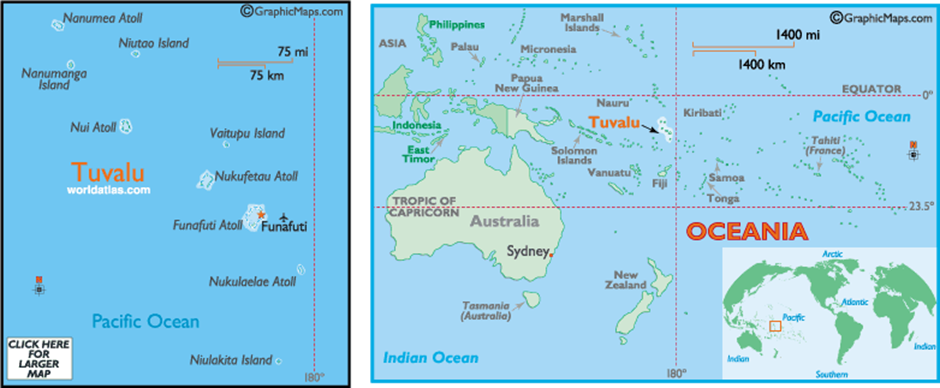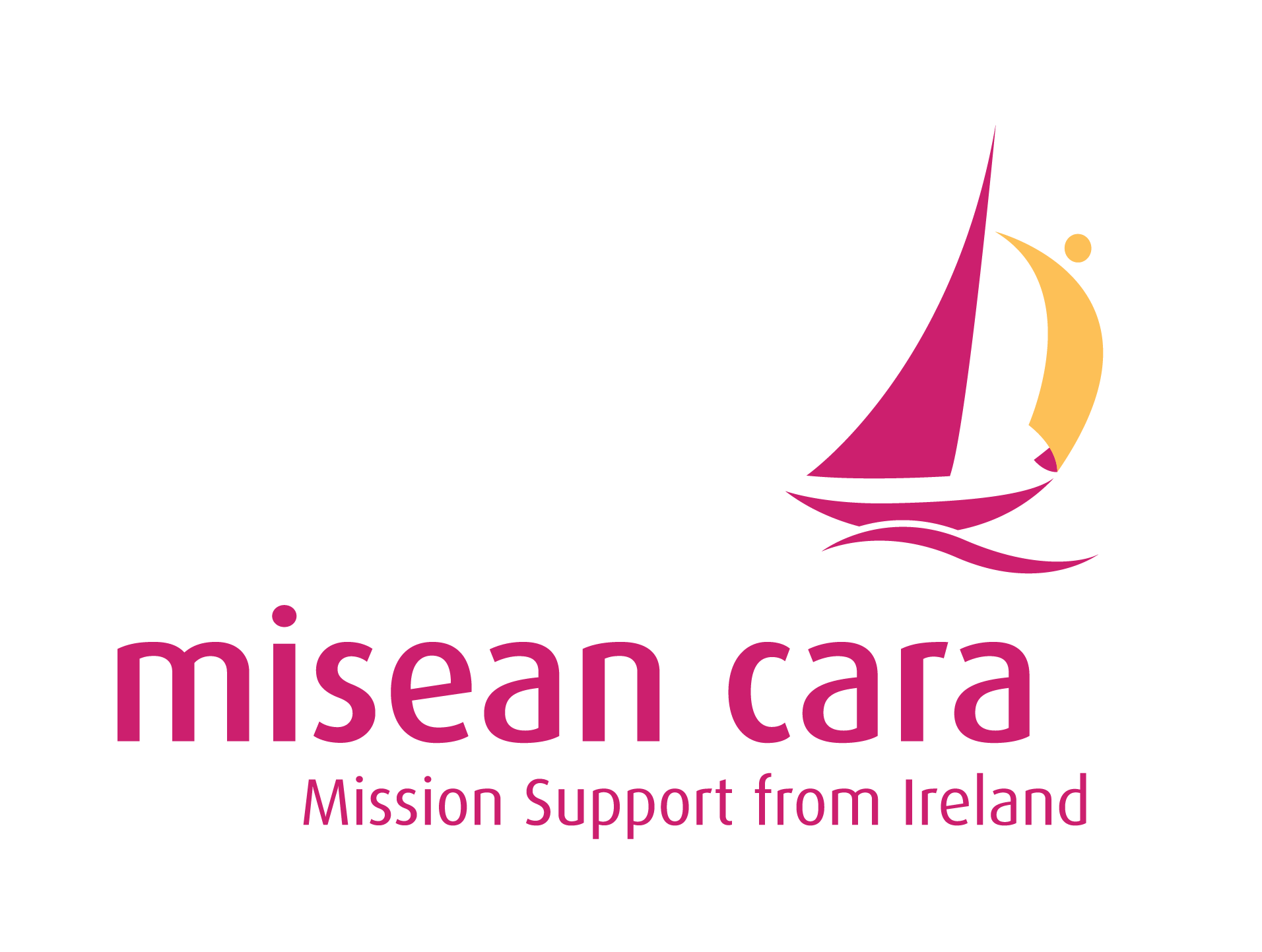At the 2016 Brigidine Forum ongoing commitment for the Common Project Fund was expressed in this way.
“In this graced moment, we are becoming more deeply aware of our mission to live within one web of life: our common home. The cries of the hurting planet and those of our sisters and brothers in distress tug at our hearts as we hear the groans of ecological and human exploitation that lead to destruction and annihilation. We are impelled to take action in small and large ways in the footsteps of Jesus, living in the spirit of Brigid of Kildare and reflecting the values of Daniel Delaney.” Invitation and Call, Forum 2016
The 2022 Brigidine Congregational Forum affirmed commitment to the following Common Congregational Projects:
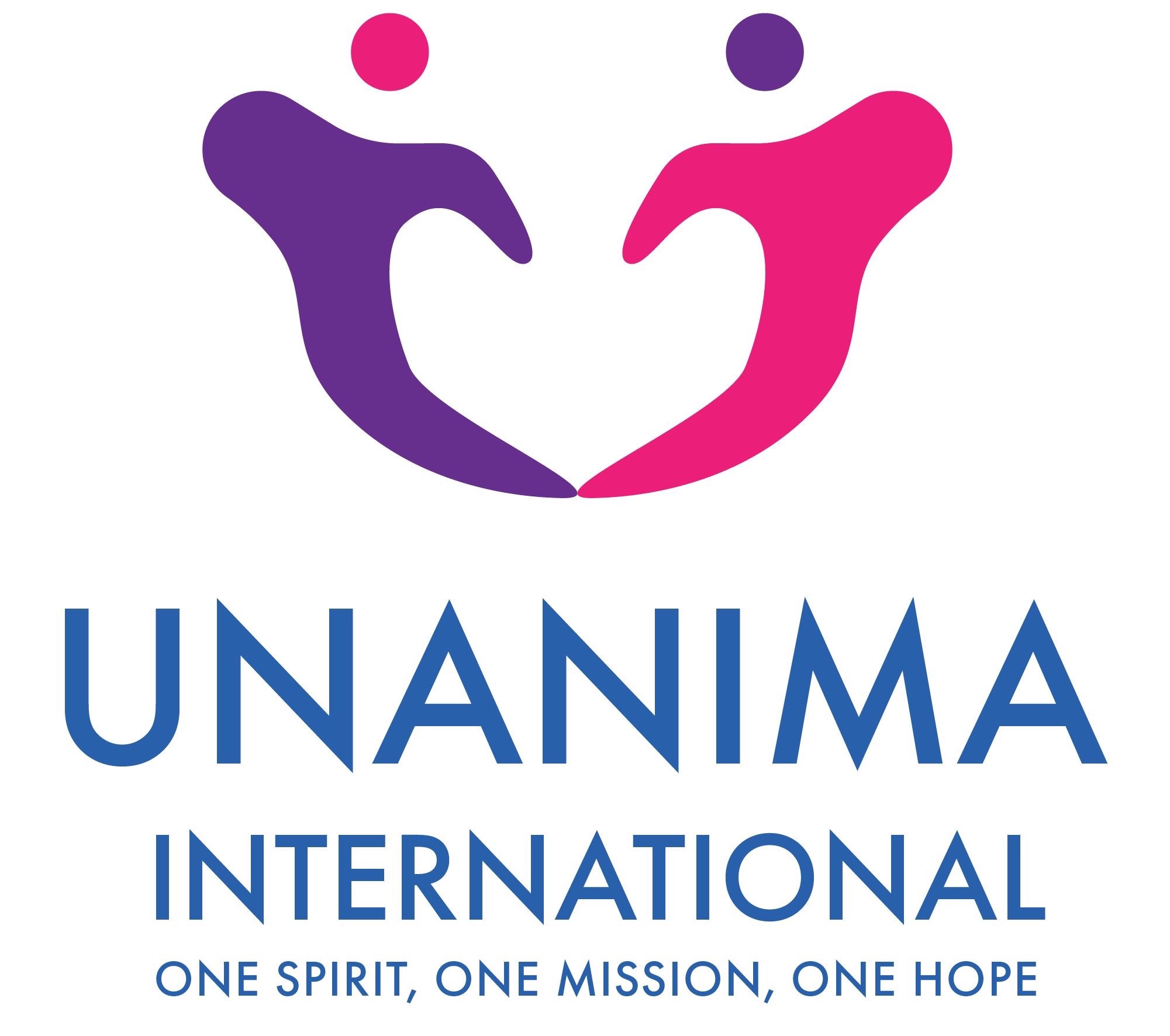
At the Brigidine Council of the Congregation held in San Antonio in 2003 the decision was made to join the newly formed Non- government Organization UNANIMA International based in New York USA.
UNANIMA International is a coalition of 22 Member Communities with over 22,000 Members in 85 countries throughout the world.
The name begins with “UN” to represent the United Nations, and the “Anima” is from the Latin word for feminine “spirit” or “life principle”. It also represents a group acting with one heart and one mind.
UNANIMA International is a Non–Governmental Organization (NGO) advocating on behalf of Women and Children (particularly those living in poverty), migrants and refugees, those trafficked for profit and the homeless. A particular focus is the impact of climate change on the most vulnerable and how through local initiatives we can contribute positively to the care of our common home.
UNANIMA International’s work takes place primarily at the United Nations Headquarters in New York, where UI and other members of Civil Society aim to educate and influence policy makers at the global level. In solidarity, UNANIMA International works for systemic change to achieve a more just world.
UNANIMA International’s members and staff have been especially involved in areas encompassing issues that call for not only collaboration within local communities, but also for advocacy at national and international levels.
Staff and UNANIMA International representatives in New York work to do international advocacy through a top-down approach, while our members working at the local level take a localized, bottom-up approach to advocacy.
To learn more about the work of UNANIMA International, advocacy, documents, resources and Updates we invite you to visit the UI website or Facebook page on the following links
Website: https://www.unanima-international.org
https://www.facebook.com/unanimaintl
Misean Cara is an international and Irish based missionary movement working with marginalised and vulnerable communities in developing countries. In realising the human rights of each person Misean Cara’s partners deliver services in the areas of education, health, livelihoods and income generation as well as advocacy, networking and community development.
A holistic approach to eliminating poverty works through the implementation of locally appropriate programmes and projects that target the root causes of social inequalities. This work is undertaken in partnership with local communities and local, national and international agencies.
Climate Resilient Livelihoods, Inclusive Education and Human Rights in Zambia (Sisters of the Sacred Hearts of Jesus and Mary), 2023-2026
The Households in Distress (HID) Programme works towards the attainment of an empowered, sustainable and healthy society that appreciates the coexistence and dignity of humanity through key thematic areas that include sustainable livelihoods and environmental care, inclusive education, and human rights. HID operates in Mbala, Mpulungu, Senga, Kasama and Mungwi districts in Northern Province, Zambia.
The Strategic Plan 2023 – 2026 sets out three key objectives:
- Uphold the right to climate resilient livelihoods and decent jobs: HID will contribute to the realisation of this goal by improving beneficiaries’ household nutrition and food security, increasing household income and economic security, and strengthening environmental resilience.
- Uphold the right to quality education: HID will continue to strengthen and improve its inclusive education programme, consisting of the following services: 1) special needs education; 2) early childhood education; 3) primary education; 4) short-term boarding for children with disabilities; 5) home school-based education programme / community-based rehabilitation
- Uphold and advocate for human rights: HID will promote and protect the rights of children and women by improving awareness of, and mobilisation for rights and entitlements. HID will increase access to and the realisation of basic human rights among children and women by awareness raising and campaigning and lobbying duty bearers and government.
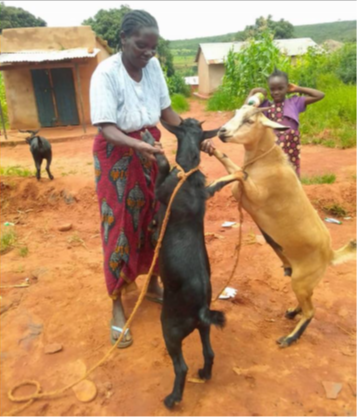
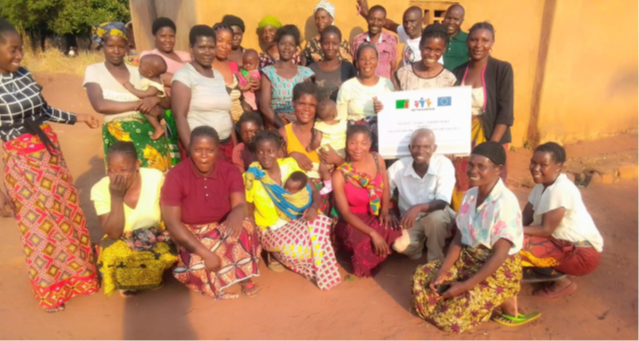
 http://pacificclimatewatch.com.au/wp/
http://pacificclimatewatch.com.au/wp/
Pacific Climate Watch
Towards achieving a congregational ‘voice’ on climate change and Pacific Islands– especially the most vulnerable. Because of our connection and concern for the peoples in our region who are negatively impacted by climate change we aim to advocate and be a strong voice in solidarity with them. Many of us have witnessed first-hand the effects of climate change and rising sea levels on the health and future of these vulnerable people. You are invited to add to the strength of our voices.
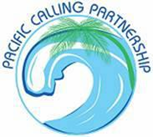
Pacific Calling Partnership, affiliated with Intercongregational Voice on Climate Change
As a congregation, Brigidine Sisters, we are a member of the Intercongregational Voice on Climate Change and in solidarity with our Pacific nation neighbours those present at the Council of the Congregation in Sydney 2018 committed funds from our Congregational Projects to support training programs for youth leaders in Tuvalu for a period of three years through the Pacific Calling Partnership. This was subsequently renewed for a further three years in 2022.
The objectives of the PCP are to:
• Increase Australian and international public awareness of climate change related
issues across the Pacific
• Build climate leadership/advocacy in partnership with Pacific Islander
communities and NGO partners; and
• Maximise opportunities to advocate for, and advance, climate justice, in
Australia and internationally
For an example of the impact of PCP work in the Pacific, please watch the recent
testimonial by Ms Pelenise Alofa, Kiribati Climate Action Network Coordinator and
current board member of the Pacific Islands Climate Action Network.
More information about the PCP can be found at https://www.erc.org.au/pcp
TUVALU – Population 11,810
Formerly called the Ellice Islands, Tuvalu consists of 5 low-lying coral atolls, 4 islands, and more than 100 islets, all spread over a very large area.
These isolated spots of land, the above water tips of undersea mountains, are famed for their beautiful lagoons, reefs, fabulous fishing, and collectible postage stamps.
The Polynesians first settled the land now called Tuvalu some 2,000 ago. Arrivals included those from Samoa, Tonga and Kiribati.
The Spanish explorer Mendana reportedly sighted the islands in 1568. The first Europeans arrived in the early 19th century, and the islands changed forever. In fact, some islanders were subsequently enslaved and forced to work.
In 1892 the British convinced the islanders to join the Gilbert Islands protectorate; later to be called the Gilbert and Ellice Islands Colony.
Almost fifty years later, during World War II, the U.S. used the islands as a military base to combat Japanese invasions in the Pacific.
In the mid 1970s the islands seceded from the Gilbert Ellise Colony, officially changing their collective name to Tuvalu, and became an independent nation. Its government remains a part of the British Commonwealth as a parliamentary democracy.
The economy of Tuvalu is agricultural based, and though an ideal venue for tourism, the islands are yet to fully develop that industry.
The only airport is located on the Funafuti Atoll, and transportation between islands is by boat.
